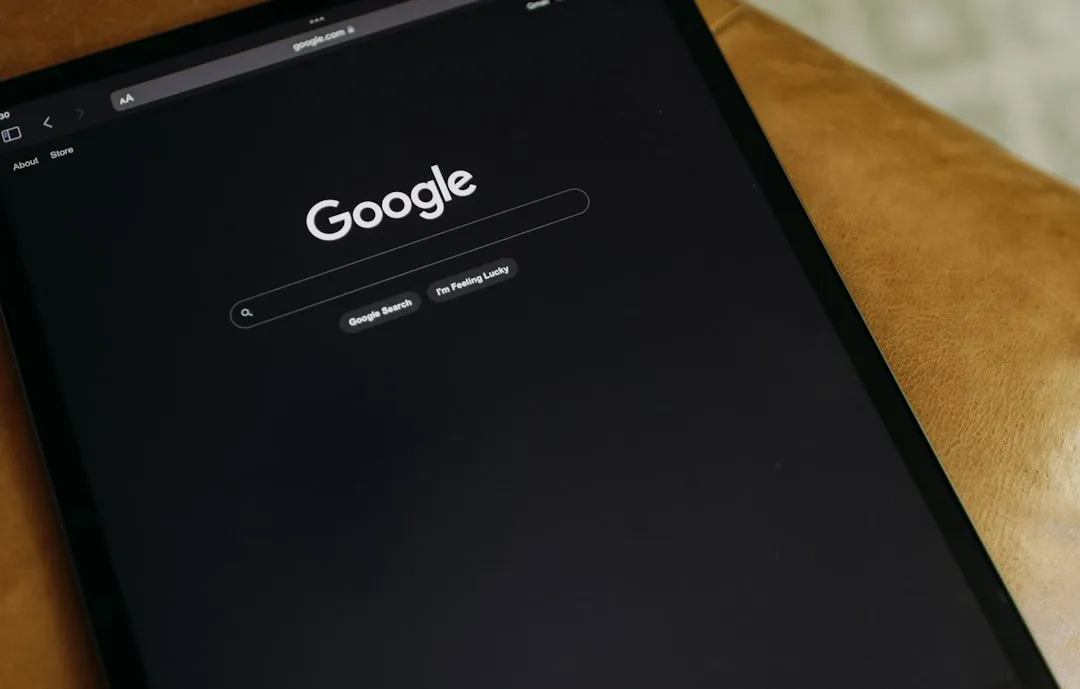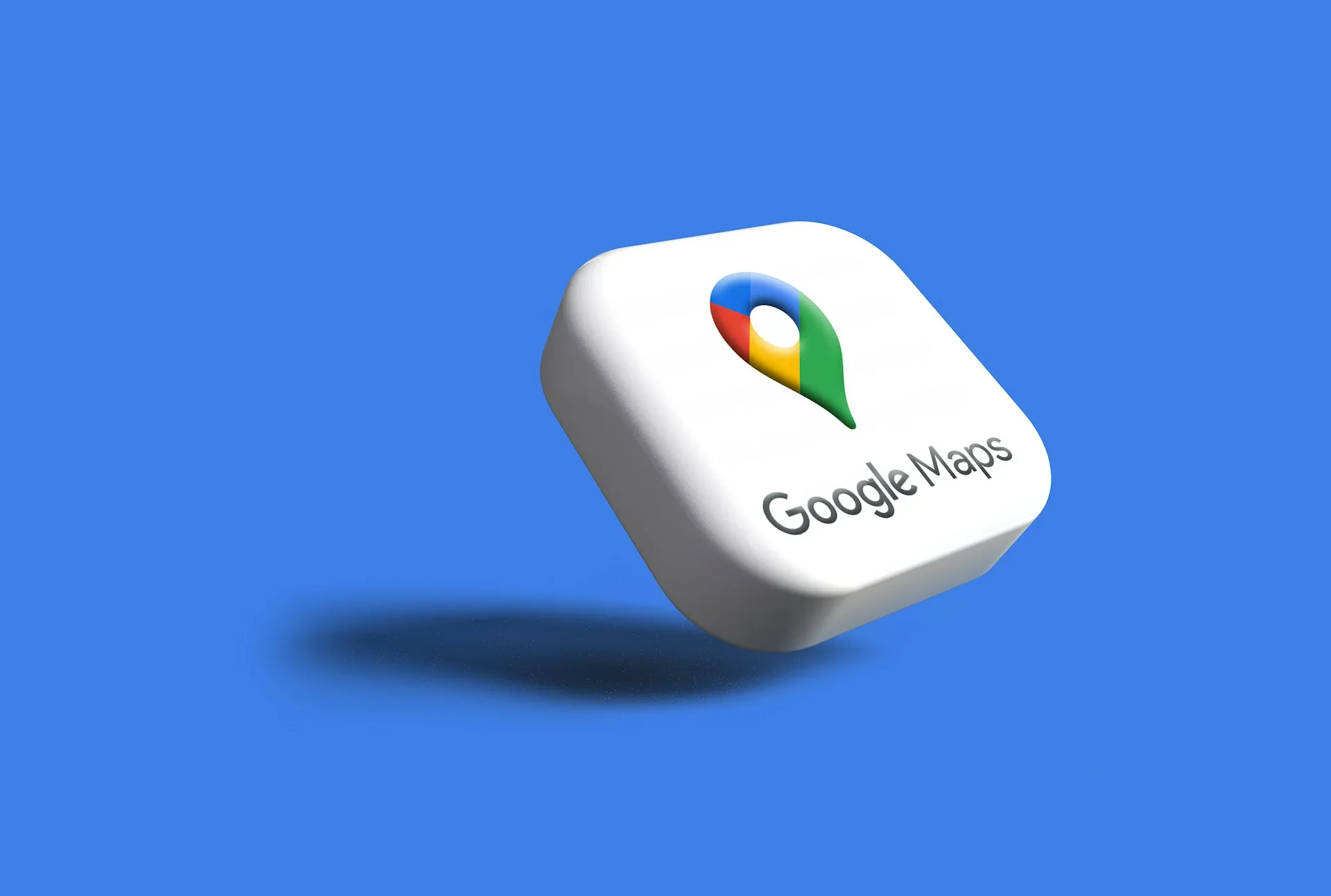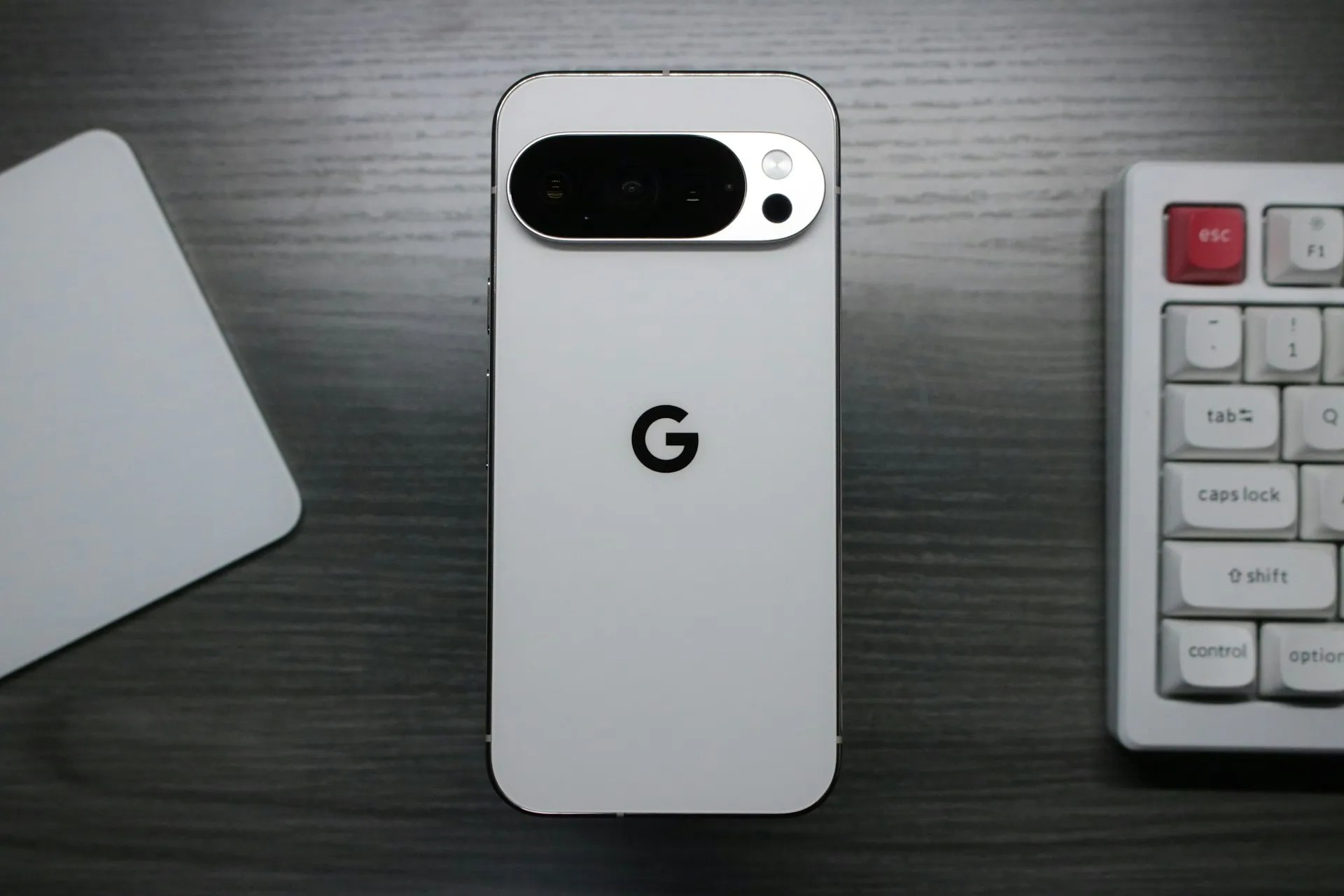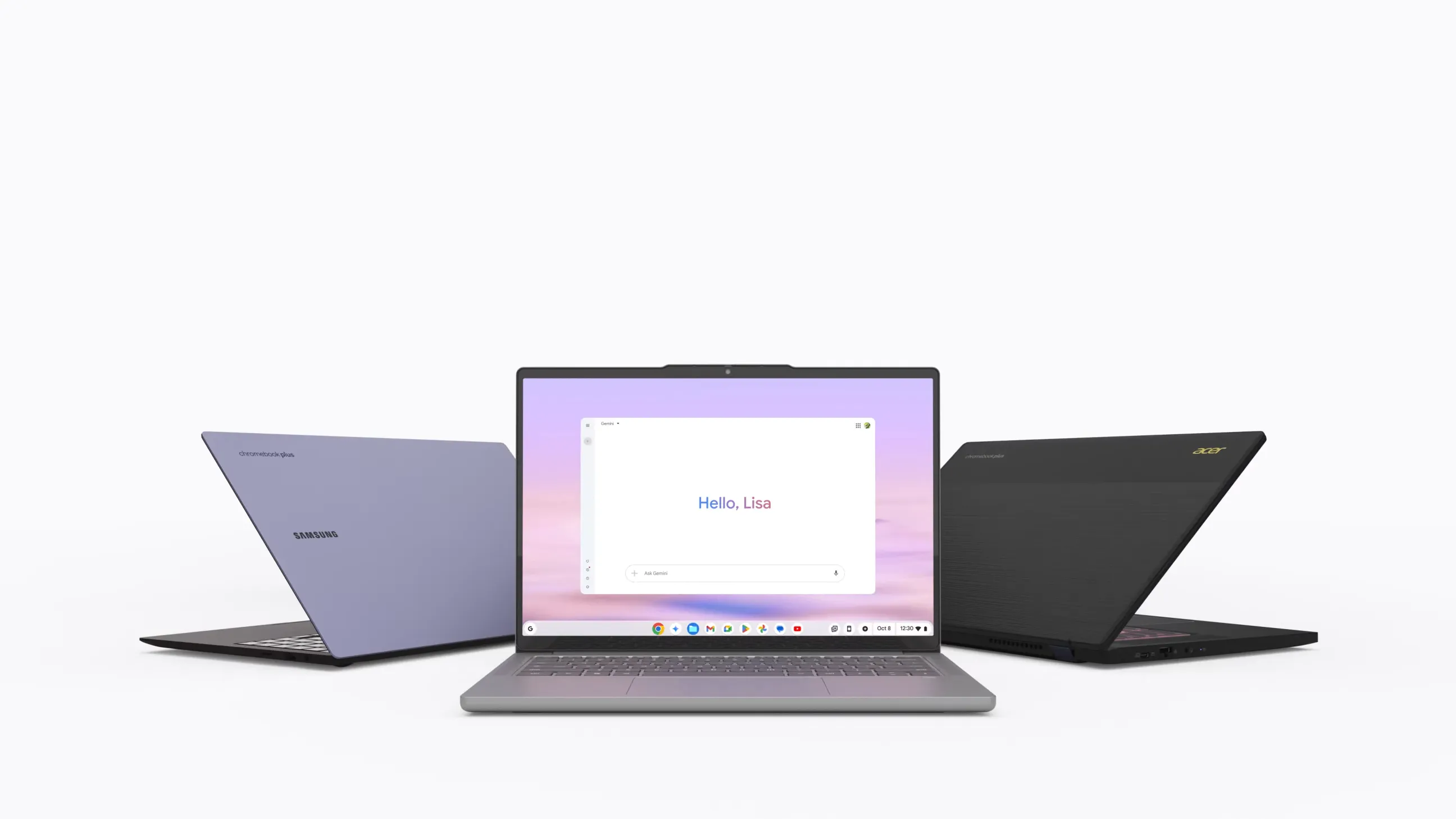Huawei has been in a losing battle with the US government for around ten years, with the last year being the spike of Huawei's problems. Because of US pushback against some Chinese-based smartphone manufacturers due to security concerns, Huawei is hoping to limit its dependency on US-based companies, and recent rumors of Huawei's very own mobile operating system may be the first step.
A recent report indicated that Huawei is creating its own operating system, something that's actually been rumored since April 2018. Unlike EMUI, which is just an Android skin, Huawei's future OS would not run on top of Android. Instead, it would be a competitor to Android, Fuschia, and Apple's iOS.
It appears a new mobile OS entirely independent of Android might be Huawei's answer to the recent opposition by the US government toward the Chinese companies. By creating this new mobile OS, Huawei could make huge ripples in the smartphone industry.
While Huawei has already stated in April 2018 that it would not attempt to sell its devices in the US anymore, it could reject the US market altogether, removing any dependency on US economy. Essentially, Huawei could produce its entire phone line using non-US companies, in effect, denying US customers some pretty amazing devices. Huawei could also inspire Samsung to follow suit, turning the current duopoly into a four-company war.
Huawei vs. US Government
While this battle between Huawei and the US government has gone on for some time now, Huawei recently regained the attention of the tech community when it attempted to make a huge push into the US market.
In January 2018, Huawei, which previously only sold select phones via Amazon and other e-commerce sites to the US, was in talks with wireless carriers such as AT&T to officially support their phones. After reports of potential surveillance of Americans from Huawei and ZTE devices by the Chinese government and by the People's Liberation Army, the FCC began investigations.
After word of the investigations, AT&T backed out of its deal to sell Huawei phones, and Verizon Wireless said it wouldn't sell Huawei devices either. Shortly after that, US intelligence agencies shared their thoughts on the risks of using devices by certain Chined-backed entities. That, in turn, prompted Best Buy to drop all Huawei products from its stores. The following month, the FCC ruled that all US government agencies would no longer be allowed to use Huawei and ZTE devices and pressed that civilians follow suit.
As mentioned ZTE had and still has similar issues with the US government. In April 2018, the US government banned all US-based companies from exporting technology to ZTE for seven years, but that ban was lifted after the company replaced all leadership and paid a hefty fine. However, its phones are still not allowed to be used by US government agencies, just like Huawei's.
Huawei is very much at risk of potential bans from using US-based technology, including Qualcomm chips and important parts of Android, which we big blows to ZTE during the export ban. Because Google is a US-based company, the US government could press Google into not allowing them to use the Android OS.
While the Android operating system is open source, making it hard to block, the basic apps (including the Play Store) are Google property which Google would be more likely persuaded to block. Google already blocked its apps and services for many smaller Chinese brands to protect the Android brand.
To dimish its reliance on Android and Google's services, Huawei is preparing for the worst and creating a potential backup OS. According to rumors, Vice President of Huawei Mobile Phone Products, Bruce Lee, was asked if the company was working on a new OS, and Lee replied, "It is under development."
What This Mean to US Customers
For the US market, if these rumors prove to be true, this could have some significant ramifications later down the line. One potential is Huawei skips the US market altogether. By eliminating the ties to the US, they would essentially not depend on any major US-based company for any of the components on their devices.
Even if the US were to pressure its allies to not work with Huawei (such as South Korea), Huawei could move to only Chinese-based technology. We already have seen this happen with the Mate 20 which uses a BOE-manufactured AMOLED display instead of a panel made by Samsung or LG.
In 2018 alone, the US market already missed the Mate 20 Pro, a phone that pretty much includes every flagship feature including facial identification, an in-display fingerprint scanner, triple rear cameras, minimal bezels, 4,200 mAh battery, and reverse wireless charging. The missed products will only get better as Huawei would need to create amazing smartphones to lure developers and customers to its new OS.
The second big consequence of this decision is based on if Huawei is somehow able to capture a sizeable portion of market share. With Huawei currently the number two OEM in the world, any market share would directly affect Android as it would more than likely come from consumers already using Huawei Android-based products. With Huawei users switching to a new OS, this would mean Android's influence in the mobile industry would decrease, and Apple's would grow larger.
Huawei's success could also provide the blueprint for Samsung; The number one OEM has already shown its desire to keep users in their ecosystem, not necessary in Google's; This is clear with its creation of duplicate Google products such as Samsung Pay and Galaxy Apps.
Samsung already has its mobile OS, Tizen, which they mainly use in their smartwatches and smart appliances. However, if Huawei can achieve success, it could provide Samsung the blueprint it needs to break away from its dependence on Google's Android OS. With Samsung's 25% of the US smartphone market share, this would be a huge blow to the US smartphone market as it would significantly lower Android's number of users. With the top OEMs gone, Samsung and Huawei could cripple Android, leaving OEMs such as LG, HTC, and Motorola to lead the charge.
And with both companies stealing shares from Android, how future smartphones look like could be different as well. The software could more reflect Apple, a look that both OEMs have notoriously borrowed from in the past.
Huawei has repeatedly stated it doesn't plan on leaving Android. But with Huawei's recent confirmation of its mobile OS, it unlikely the company would spend millions of dollars on a "backup OS." What do you think about Huawei's making a proprietory OS? Would you like to see another mobile OS on the market? Would you hate it? Let us know in the comment below.
- Follow Gadget Hacks on Pinterest, Reddit, Twitter, YouTube, and Flipboard
- Sign up for Gadget Hacks' daily newsletter or weekly Android and iOS updates
- Follow WonderHowTo on Facebook, Twitter, Pinterest, and Flipboard
Cover image by A4-Nieuws/Flickr

























Comments
Be the first, drop a comment!